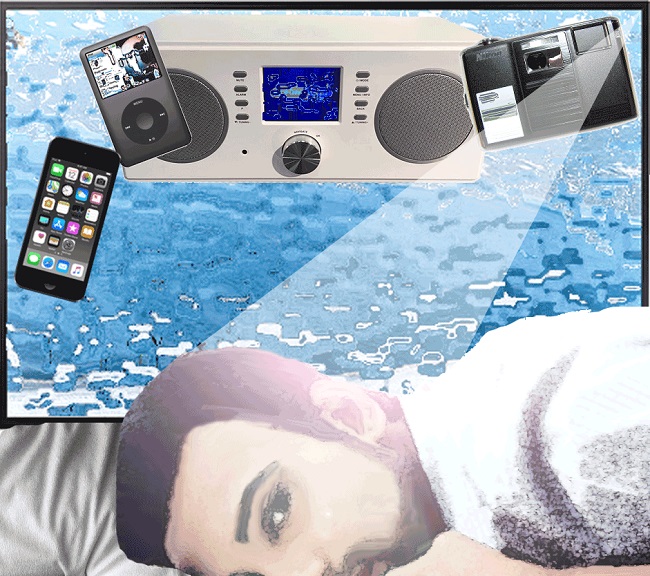Positive Health Online
Your Country

The Fuzzy Logic of Sound Sleep
by Rajgopal Nidamboor(more info)
listed in sleep and insomnia, originally published in issue 251 - January 2019
Republished from mydigitalfc.com
http://www.mydigitalfc.com/content/fuzzy-logic-sound-sleep
Blessings on him that first invented sleep, eulogised the fabled author Miguel de Cervantes. Yet, the irony is there is a distinct, also alarming, lack of awareness about sleep in the community - general and medical. Most physicians, for instance, continue to simply miss, or ignore, the ever-cascading, veritable glut of sleep-related disorders.
Would you believe it - that want of knowledge about sleep triggers far more tribulations than medical problems? This is puzzlingly more dramatic than medical chutzpah - most people around us are fatigued and exhausted every day, because they just don’t seem to comprehend how to manage their sleep. What’s more, they are deceived by their smattering of the mechanics of sleep-debt and the subtle bioclock that ticks inside us.

Sleep medicine, the emerging branch of therapeutics, is in its formative years; all right, albeit the science of sleep is as old as civilization itself. The more we garner a plethora of minutiae as to what exactly the design of sleep is all about, the more apparent it becomes - the ‘why’ and ‘how’ of the electronic and technological advances of modern life have swerved us away from our bodies' natural rhythms. The analogy is simple. Contemporary living is a clutter of bright lights and television entertainment - or, is it ennui? - not to speak of parabolic, or quirky, shifts at the 24/7 workplace. The resultant effect is obvious: we are literally giving a wallop to the inner bio-clock that runs and maintains the synchronicity of our mind and body. In the process, we have managed to topple our marvellously-evolved bioclocks, including the composite biorhythms that reside in them. While our ever-expanding technological blitz has robbed us of our natural order, we have, likewise, reset the bioclock and its control on our behaviour too.
The practice of medicine, for ages, ended when the patient slept soundly - more so, because it occupied itself fully to illnesses and diseases that could be noticed and diagnosed in ‘wakeful’ patients. If our ‘old’ physicians thought about sleep at all, their beliefs needed to mirror a bias, that, “Sleep was always good, soothing, and also enormously therapeutic.” Sleep was a general approximate too - a frontier, they could not navigate. The raison d’être: nothing awful could ever happen when the patient was comfortably cuddled up in bed. Things, of course, changed when the perceivable understanding of narcolepsy - a disorder marked by excessive daytime sleepiness - expanded in the early 1970s. Also, what engineered the new transformation was the recognition of yet another sleep malady - apnoea - in which our breathing is muddled. This was the turning point. It ‘zeroed-in’ a new, frenzied wave of sleep research: of what drives us to sleep and wakefulness, and why we feel conscious, animated, watchful, lethargic, sluggish, or sleepy? Result: sleep-arrears, or the ‘conditional’ mind, became the central theme.
According to William Dement MD, the American sleep medicine pioneer, we’ve got to blame ourselves for having placed sleep mechanics in the Kafkaesque paradox. More importantly, not giving healthful, restful sleep its due, as he puts it, has cost us dearly - heart disease, traffic-fatigue-related accidents, and a host of psychological disadvantages, including immune system malfunction.
It is a given that new research in the field of sleep medicine has corroborated one of nature's wisest aphorisms - that wholesome sleep holds a ‘hands-on’ prescription for longevity. This is a signpost far more influential than diet, exercise, or heredity. The inference is obvious. For our sleep-sick, sleep-deficit society, this is nothing short of a holistic prescription for vibrant, good health - one that also celebrates the vital connection that exists between happiness, well-being and a good night’s ‘quality’ snooze.
Acknowledgement Citation
Republished from mydigitalfc.com
Comments:
-
No Article Comments available